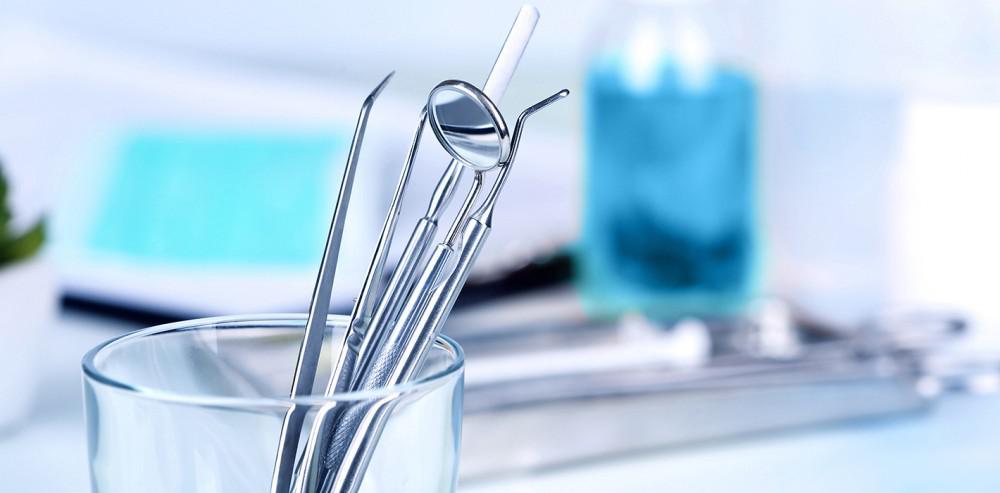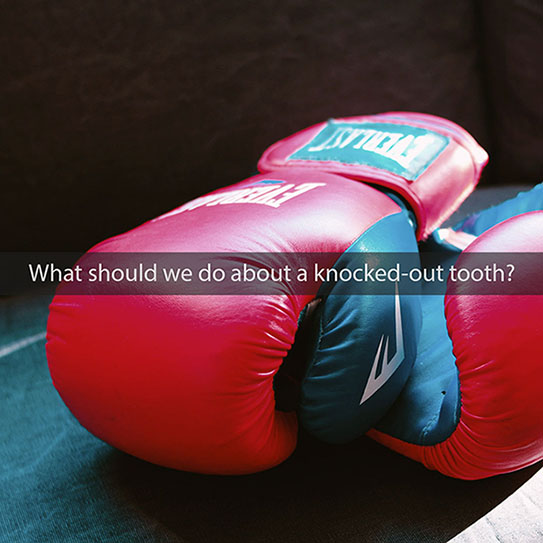The Worst Sweets for Your Teeth
The Worst Sweets for Your Teeth

You have heard it all your life – sweets can be bad for your teeth. However, you may not have heard that some sweets are worse for your dental health than others. If you are like most people in the United States, you like sweet treats and consume far too much sugar. In fact, Americans consume 3 to 6 times more added sugar than nutrition experts recommend, according to the research from the University of California San Francisco.
Eating all these sweets can lead to tooth decay and other dental problems, especially if you do not brush, rinse, or actively use other good hygiene habits after consuming sweet treats. Sugar can lead to the erosion of tooth enamel, which is the tough outer layer of your teeth. Tooth enamel contains minerals, such as fluoride, calcium, and phosphate. These minerals add strength to the enamel. Consuming a lot of sugar can cause the enamel to lose these minerals, in a process known as demineralization. Losing minerals in this way weakens the enamel, which leaves you vulnerable to tooth decay.
Why Sugary Foods are Bad for Your Dental Health
Eating food provides your body with the nutrients it needs to function. Certain foods, like sugary sweets, provide nutrients to the millions of colonies of harmful bacteria that can be found in your mouth. This bacteria can cause plaque, weak enamel, and other serious dental problems.
Plaque
Bad bacteria thrive in a soft sticky film, known as plaque, which covers the surfaces of your mouth. Eating sugary foods increases the levels of plaque on your teeth. Plaque is easy to remove with brushing, flossing, and regular dental cleanings. However, the plaque that is not properly cleaned from the teeth can cause serious gum issues, such as gingivitis. Over time, plaque accumulates along your gum line, where it causes irritation and inflammation. In time, the plaque can harden into tartar. The irritation and inflammation from plaque and tartar can cause pockets to develop between your teeth and gums. Bacteria will begin to grow in these pockets and destroy the bone and tissues that hold your teeth securely in your jawbone.
pH Levels
When you eat sweets, the bacteria in your mouth go on a feeding frenzy, growing exponentially and producing harmful acids that accumulate on your teeth. A healthy mouth is slightly acidic, with a pH of about 5.5. When the pH in your mouth drops below 5.5, it means the plaque and saliva existing in your mouth are very acidic and do not contain enough minerals to keep your teeth strong. In other words, feeding the bacteria in your mouth a lot of sugar creates an acidic environment that weakens your teeth and puts you at higher risk of tooth decay.
While all sugars can cause dental problems if you don’t brush or floss, some sweets are worse for your teeth than are others. Here is a short list of the worst sweets for your dental health.
The Top Three Worst Sugary Foods
Sticky sweets
Sticky sweets, such as caramels and gummy worms, stick to the surfaces of your teeth. This means the sugar stays in your mouth longer, giving the bacteria in your mouth a longer time to feast on sugar. This means a more acidic mouth, and higher amounts of plaque.
Sugar-sweetened soft drinks
The Centers for Disease Control and Prevention (CDC) says that liquid sugar, such as soft drinks and other sugar-sweetened beverages, is the single largest source of added sugar in the American diet. The CDC also says that drinking these sugary beverages can cause tooth decay and cavities, among other health problems. What’s worse is that many of these sugary drinks also contain phosphoric and citric acids that leach the enamel-strengthening minerals from your teeth.
Hard candy
Aside from its high sugar content, hard candy poses another danger to dental health – broken teeth. Chewing on hard candy can crack, chip or even break a tooth.
Preventing Damage When Eating Sweets
In moderation, sweet foods create a balanced diet of health and indulgence. If you want to feed your sweet tooth, but protect your teeth, go for sugarless gum or sugarless candy. The chewing action of sugarless gum stimulates the production of saliva, which helps rinse away sugars and starches that feed bacteria. Saliva also contains fluoride, calcium, and phosphate, so it bathes your teeth in the minerals that keep your tooth enamel strong.
You can also swish water around your mouth as you eat candy to rinse the excess sugar and acid out of your mouth. Eating certain foods, such as carrots, while you enjoy candy can help by dislodging the sticky candy from the crevices between your teeth.
Serving the North Raleigh area for 18 years, VP Dental is dedicated to treating each patient as an individual and focuses on total body health. The team stays current using the very latest in dental technology, wellness practices, and concierge dental care practices. Our goal is to create relationships that make people look and feel their best.






